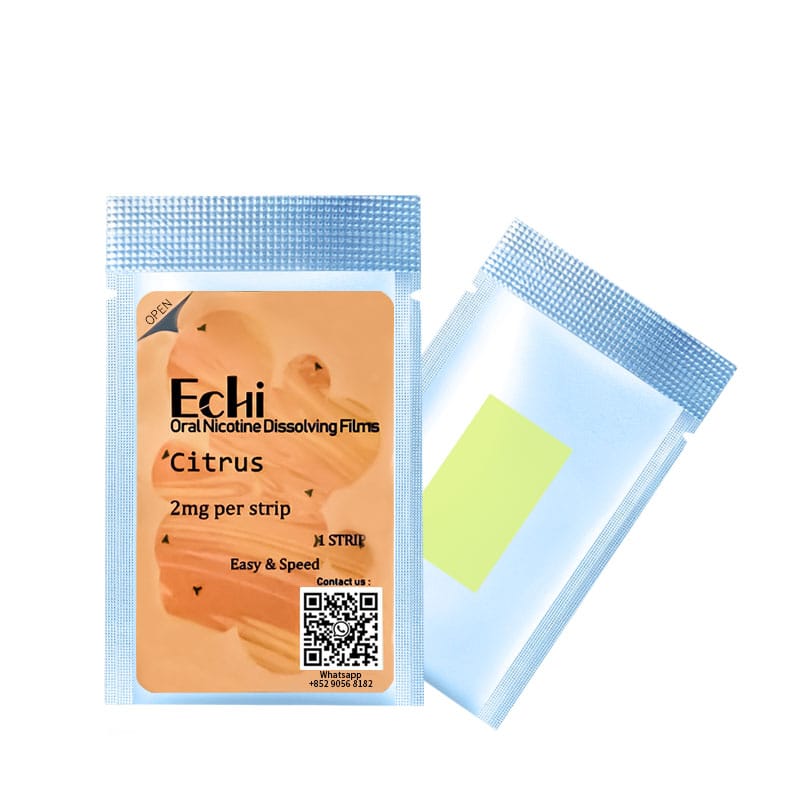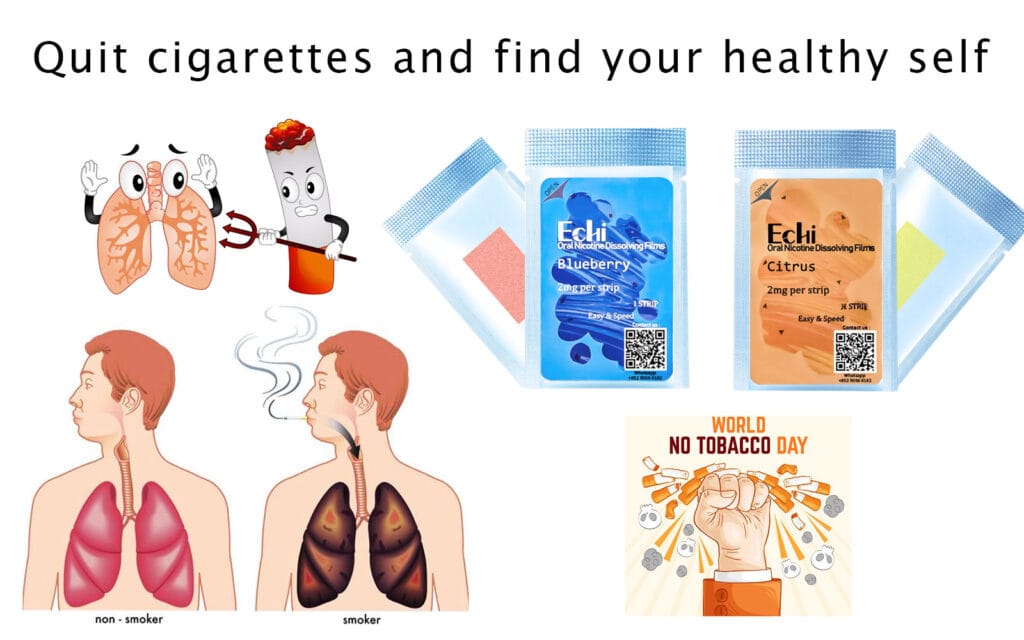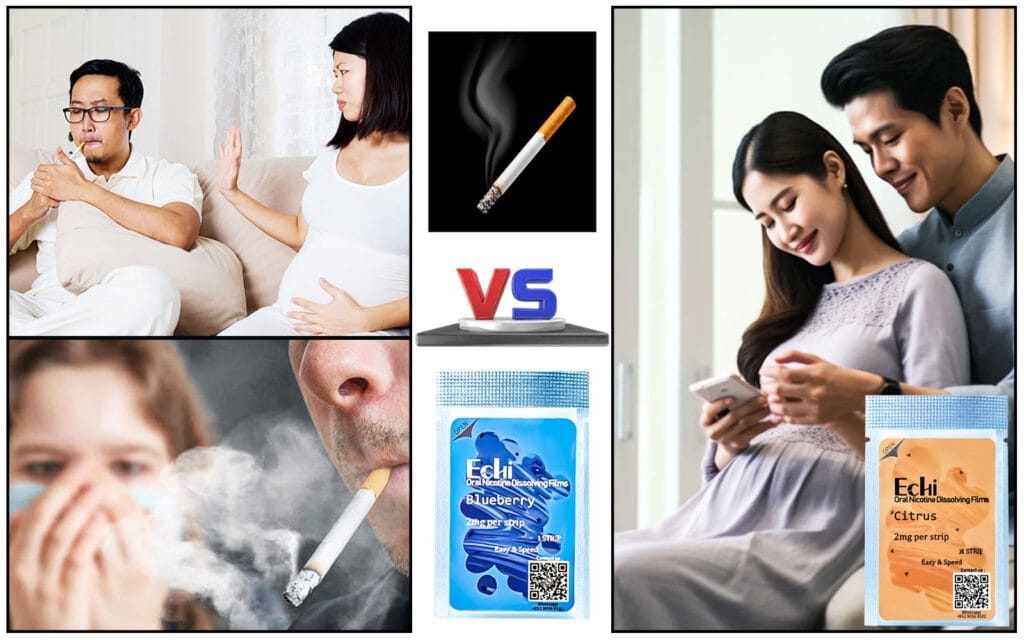Table of Contents
Drug testing for probation is standard for individuals in the justice system, and it’s meant to monitor compliance with court-imposed substance restrictions. While probation officers typically test for illicit drugs, nicotine can be a grey area that often raises questions. This article will explore whether nicotine shows up on drug tests, under what circumstances it might be included, and how probation protocols handle substances like nicotine.
Do Standard Drug Tests Include Nicotine?
1. Standard Drug Testing Panels and Nicotine
- Most standard drug tests, such as the commonly used 5-panel or 10-panel tests, do not test for nicotine. These panels typically screen for illicit drugs and substances prone to abuse, like marijuana, cocaine, amphetamines, opiates, and PCP. Nicotine is generally excluded because it’s a legal substance for adults in most places.
2. Specific Testing for Nicotine
- Though uncommon, some probation conditions or specific cases may require testing for nicotine. These tests specifically measure cotinine, a metabolite of nicotine. Cotinine can be detected through blood, urine, saliva, and even hair tests, although it’s more expensive than standard drug tests.
3. When Nicotine Testing Is Required
- Certain probation situations may include nicotine testing, such as if the individual is a minor, is required to comply with court-ordered smoking cessation, or if nicotine abstinence is part of a treatment plan.
How Long Does Nicotine Stay Detectable in the Body?
If you’re on probation with nicotine restrictions, it’s essential to understand how long nicotine and cotinine can remain detectable. Here’s a breakdown based on the test type:
- Urine Test
- Nicotine is detectable in urine for 1 to 3 days for light users and up to a week for heavy users. Cotinine, which remains longer, can be detectable for up to 3 weeks depending on the usage level.
- Blood Test
- Nicotine itself is detectable in blood for only 1 to 3 days, while cotinine can last up to 10 days. This makes blood testing effective for short-term detection of recent use.
- Saliva Test
- Saliva tests detect nicotine and cotinine for 1 to 4 days after use. Because saliva tests are non-invasive, they are sometimes preferred for quick screenings.
- Hair Test
- Hair testing offers the longest detection window, potentially revealing nicotine use over the past 3 months. While accurate, hair testing is rarely used for nicotine due to its high cost and the complexity of analysis.
Why Might Probation Conditions Restrict Nicotine Use?
Probation is meant to support rehabilitation and avoid relapse, so nicotine restrictions may occasionally be included if it aligns with an individual’s treatment plan. Common reasons include:
- Court-Mandated Smoking Cessation: Courts may require nicotine cessation as part of probation terms for individuals with health conditions or as a measure against addiction. This may apply in health-focused rehabilitation cases or for underage individuals.
- Support for Addiction Recovery: In some instances, nicotine use might be discouraged if it’s considered a potential gateway to other addictive behaviors.
- Age Restrictions: Minors on probation might be prohibited from using nicotine products as it remains illegal for them under the legal age.
If you’re looking for products that comply with nicotine restrictions, SnuffMint offers a range of options that may suit different needs.

Preparing for a Nicotine Test on Probation
If your probation includes nicotine testing, here are some helpful tips for compliance:
- Follow Probation Guidelines
- First and foremost, stick to any abstinence requirements set by your probation officer. Adhering to these rules can prevent legal complications and support long-term health.
- Understand Nicotine Sources
- Even if you’ve quit smoking, accidental exposure to nicotine can occur through other means, such as nicotine replacement therapies (NRTs) like patches, gums, or lozenges. Make sure you’re clear on whether these alternatives are acceptable.
- Consider a Nicotine-Free Lifestyle
- If you’re looking to reduce or eliminate nicotine, explore nicotine-free options to avoid positive test results. Non-nicotine pouches, for instance, can provide a similar experience without the nicotine content.
- Know Testing Schedules
- If you’re aware of your testing schedule, avoid any exposure to nicotine well in advance. Typically, it’s best to give at least a month without use to ensure that both nicotine and cotinine have cleared your system.
- Hydrate and Maintain Health
- Staying hydrated can help flush out toxins and support a faster detox process, although this isn’t a guaranteed way to pass a nicotine test. Pair hydration with a balanced diet, exercise, and adequate sleep to help your body process and eliminate nicotine more effectively.
For those needing alternative products to support nicotine-free lifestyles, check out SnuffMint’s catalog to find suitable non-nicotine options.
FAQs on Nicotine and Probation Drug Tests
1. Will a typical probation drug test check for nicotine?
- No, typical probation drug tests do not check for nicotine unless explicitly required by the court or specific probation terms.
2. Can secondhand smoke result in a positive nicotine test?
- It’s unlikely, but possible in rare cases of extremely high exposure to secondhand smoke. However, light incidental exposure typically doesn’t produce significant levels of cotinine detectable on a test.
3. How can I pass a nicotine test if I used nicotine recently?
- The best approach is to allow time for nicotine to leave your system. Drinking plenty of water and exercising may support your body’s natural detox, but these methods don’t guarantee a pass on a cotinine test if you’ve recently used nicotine.
4. Are nicotine pouches and vaping detectable?
- Yes, any product containing nicotine, including pouches and e-cigarettes, will result in detectable levels of cotinine in the body.
5. Are there legal nicotine-free alternatives for adults?
- Absolutely. There are many nicotine-free products that provide similar sensations without violating nicotine restrictions. Products from reputable sources like SnuffMint offer alternatives that can help comply with probation requirements.
Final Thoughts
While nicotine isn’t typically included in standard probation drug tests, there are exceptions. Special circumstances, specific court orders, or probation terms could lead to nicotine being tested, especially in cases involving minors or health-focused rehabilitation. If you’re on probation with nicotine restrictions, understanding how nicotine testing works, knowing the detection timelines, and exploring alternative options can all help you stay compliant. Following these guidelines can provide peace of mind and ensure that your probation experience is smooth and trouble-free.






